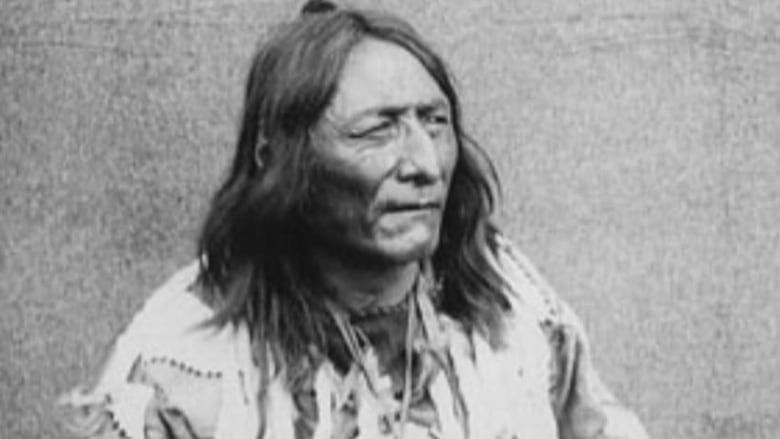It is rare and often uncomfortable to discuss the relationship between race and capitalism. Attributing certain economic systems to race relations and even discrimination are generally seen as reductive and even racist.
Yet it is important to recognise that capitalism has a racial origin in the West – which knowingly placed white populations, and in particular Anglo Saxons, on top of the economic pyramid. This is evident through an examination of one of its core tenets: private property rights.
Neoliberal Peruvian economist Hernando de Soto helped to legitimise the idea in the West and around the world that property rights are the fundamental enabler of private enterprise, social mobility and even economic equality. To de Soto, the reason why developing countries have not achieved high-income status and have not been able to enact capitalism ‘properly’ has little to do with cultural differences or the effects of centuries of exploitation, repression and inappropriate governance systems foisted on them. Instead, he believes, it has everything to do with the legal structure of property and property rights, most of which would be alien to centuries-old local systems, customs and traditions.
Indeed, the primacy of private property is now enshrined in national laws around the world – aided by Western-led multilateral international institutions such as the World Bank, the International Monetary Fund and the World Trade Organization – and is seen as an unquestionable part of how human societies must be organised and allowed to prosper. But the truth is property rights are not universal: they are a social construct and cannot be viewed without historical nor socio-cultural context.
It is crucial to remember that modern conceptions of private property rights were constructed by white colonisers and settler communities during their conquest of the world, from the Americas to India and Australia. In order to legitimise the immoral (and now, illegal) act of land-grabbing, white Western colonisers and settlers instituted property rights in local and international laws and through the world’s first corporations (the infamous East India Trading Company, for example) to protect in perpetuity the ‘ill-gotten gains’ of plunder.
Yet they never respected the property rights of others in this process. In India, the British enforced taxes on the population and reserved a portion of those taxes to buy land (and goods) cheaply from Indian peasants not familiar with – let alone educated in – British law or trade values. One scholar calculated that between 1765 and 1938, the UK stole $45trn from India in this way, among other crimes.



























